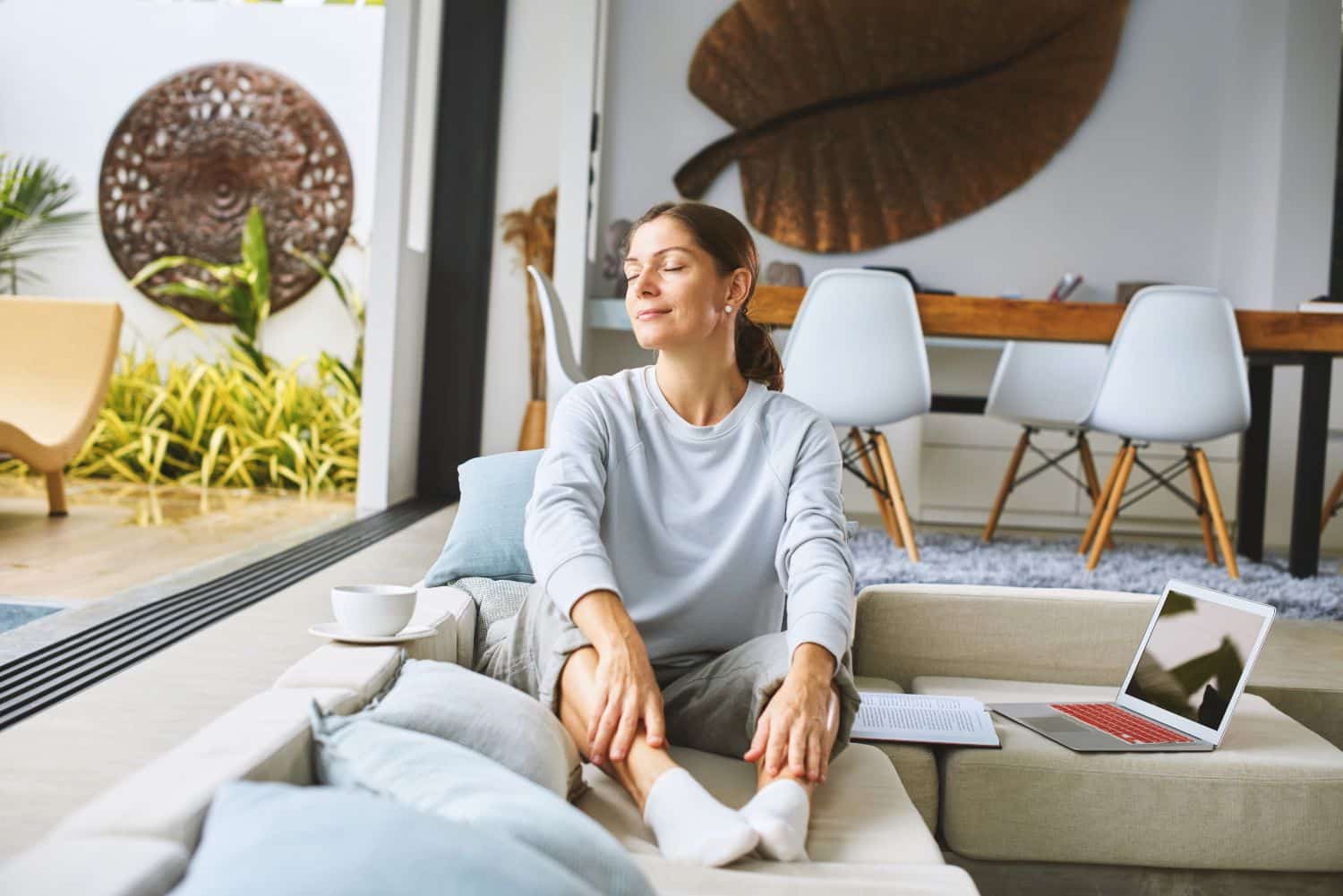Anxiety is defined as the feeling of being threatened or in danger. It’s a feeling of unease, such as worry or fear, that ranges from mild to severe. Everyone experiences anxiety at some point in their life.
The DSM-5 has identified a wide range of anxiety disorders such as specified anxiety disorder, generalized anxiety disorder, and a variety of phobias. However, only a small percentage of people suffer from these disorders. Statistics show that roughly 70 percent of the population experience anxiety symptoms while performing daily tasks.
If an individual, for example, is preparing for an important presentation at work or a job interview, a certain amount of anxiety is expected and necessary for the task at hand. But when it exceeds the standard limit, it can interfere with a person’s life.
Researchers have identified three main coping strategies to help people manage anxiety. These are physical strategies, thought modification strategies, and lifestyle modification strategies.
This article will provide you with ten effective ways to help you reduce anxiety.
1. The 3-3 rule
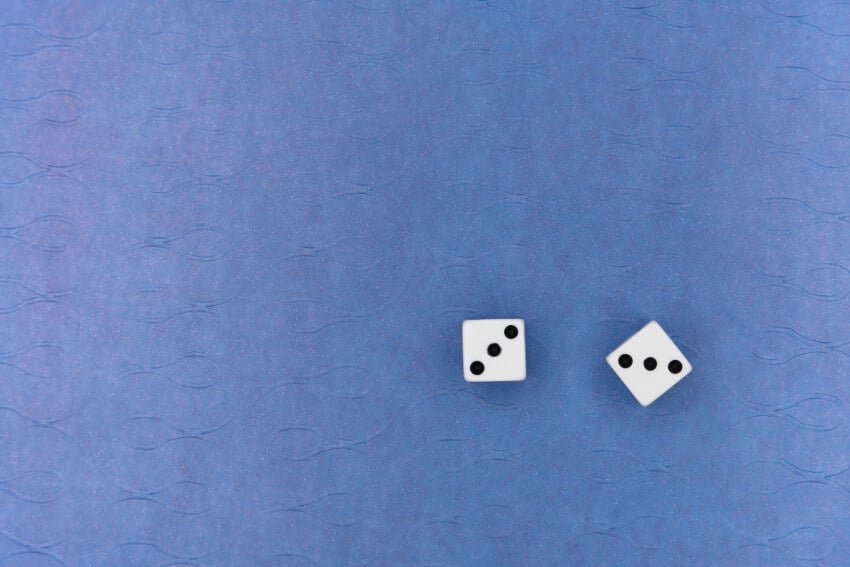
Th 3-3 rule is a useful technique used for those experiencing sudden waves of anxiety. It can help to distract your mind from the perceived threatening situation and accelerating thoughts that accompany the condition.
The key is to follow the three steps below:
- Name three things you can see in front of you
- Name three sounds you can hear around you
- Move three parts of your body. For example, your left hand, right foot or right arm
By taking deep breaths and following these steps, you are likely to feel more grounded a lot quicker.
2. Cognitive modification
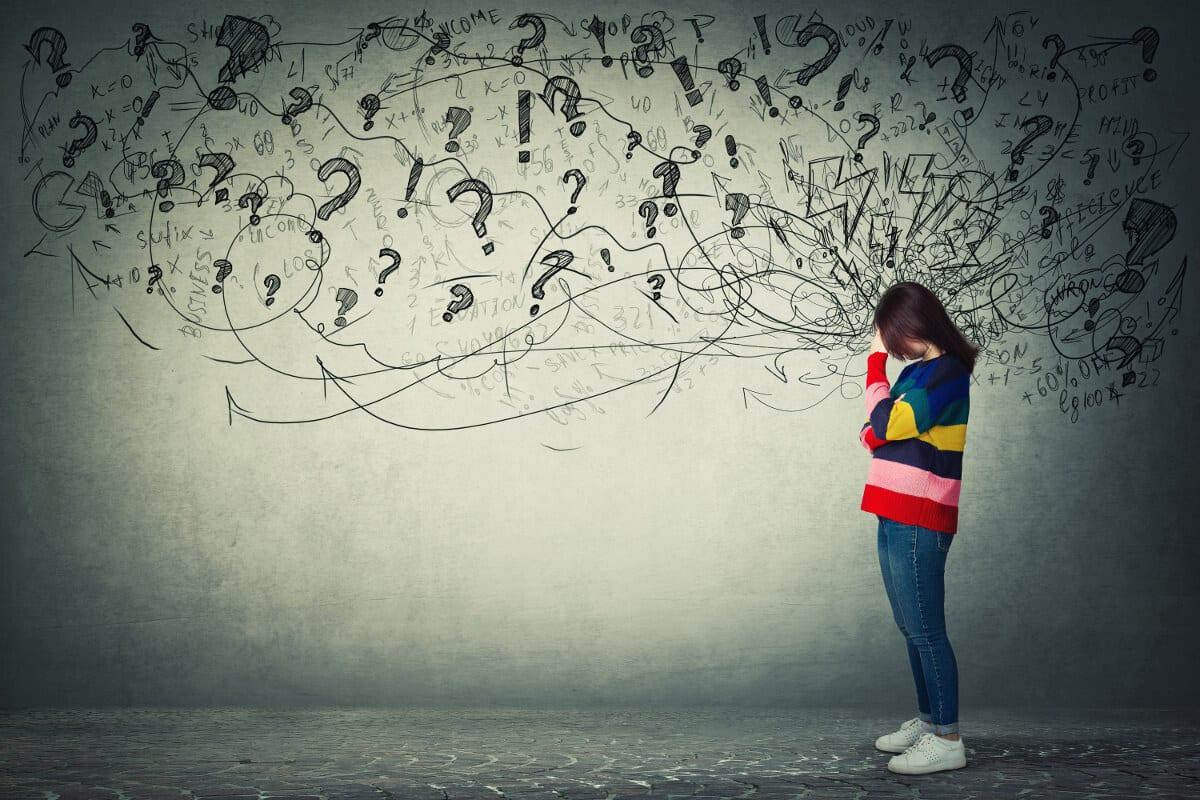
Fear of uncertainty is the key element around which anxiety revolves.
Changing your thought patterns helps to reduce anxiety and allows you to overcome your fears. All this can be a complicated process for some people, but not impossible.
The following steps can help you change your thoughts about a specific situation:
- Identify the root cause of your anxiety
- Map out all the unpleasant outcomes that could occur. Evaluate whether the consequences are worth all that worry. Suppose they are that frightening or life-altering – for example, if you messed up a presentation, or even worse you ruined it entirely, will that be the end of your life? Ask yourself these kinds of helpful questions and you will likely find more positive answers
- Replace your negative thoughts with positive ones
- Repeat the process. Feed your brain with positivity related to an event or situation
3. Regular exercise
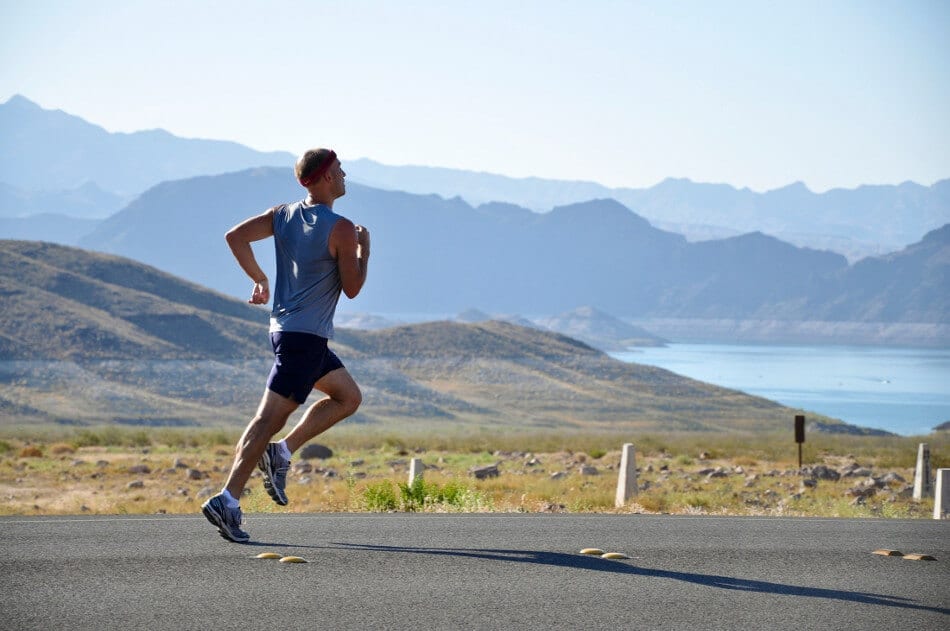
Exercise is synonymous with good mental health. Physical activity can help to relieve anxiety in several ways; exercise can help to:
- Improve sleep: Physical activity promotes a deeper and sound sleep
- Release stress-relieving hormones: This includes cortisone – a chemical that gets released during exercise. Lowering our stress levels also helps in reducing anxiety
- Achieve small targets: Consistent exercise helps to train our minds allowing us to stay motivated. It also helps boosts our confidence and competency levels
- Promote routine regularity: This includes time management which ensures that we stay disciplined. Studies show that having a balanced mind can reduce anxiety symptoms
4. Avoid caffeine
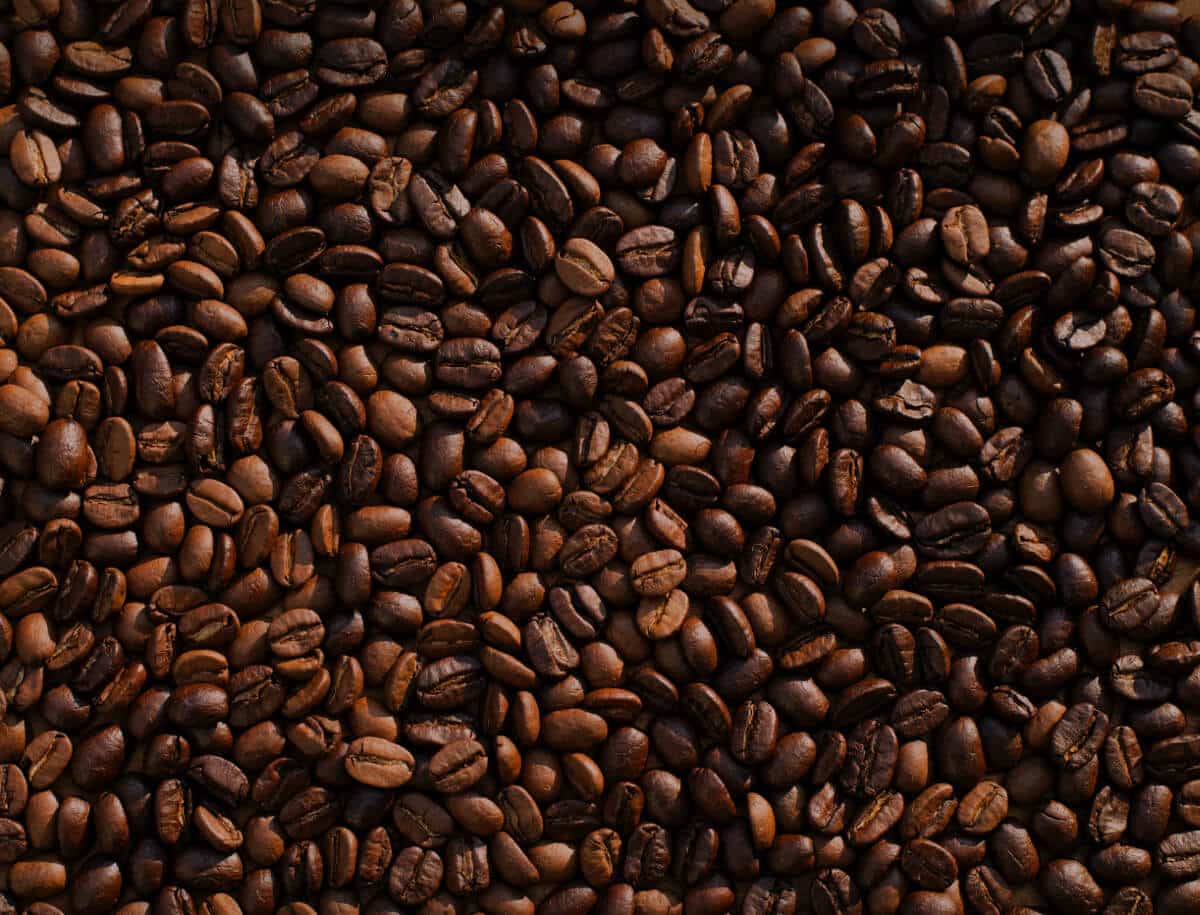
Caffeine consumption often aggravates the symptoms of anxiety. Minimizing your daily intake can be beneficial in the fight against stress.
5. Avoid alcohol

Often, people use alcohol to cope with social anxiety. However, several researchers conclude that alcoholics are at a higher risk of developing stress. There are several ways in which low alcohol consumption can help to improve brain chemistry and reduce anxiety.
These include:
- Low alcohol consumption influences the level of neurotransmitters, particularly serotonin. Reduced serotonin level increases anxiety
- The hangover after a bout of drinking comes with plenty of unpleasant symptoms like headaches, disorientation, and nausea. Hangovers also worsen stress. Alcohol avoidance, therefore, can help reduce stress
- Long-term alcohol consumption can lead to highly distorted brain functioning and disorganized thoughts
6. Long Walks
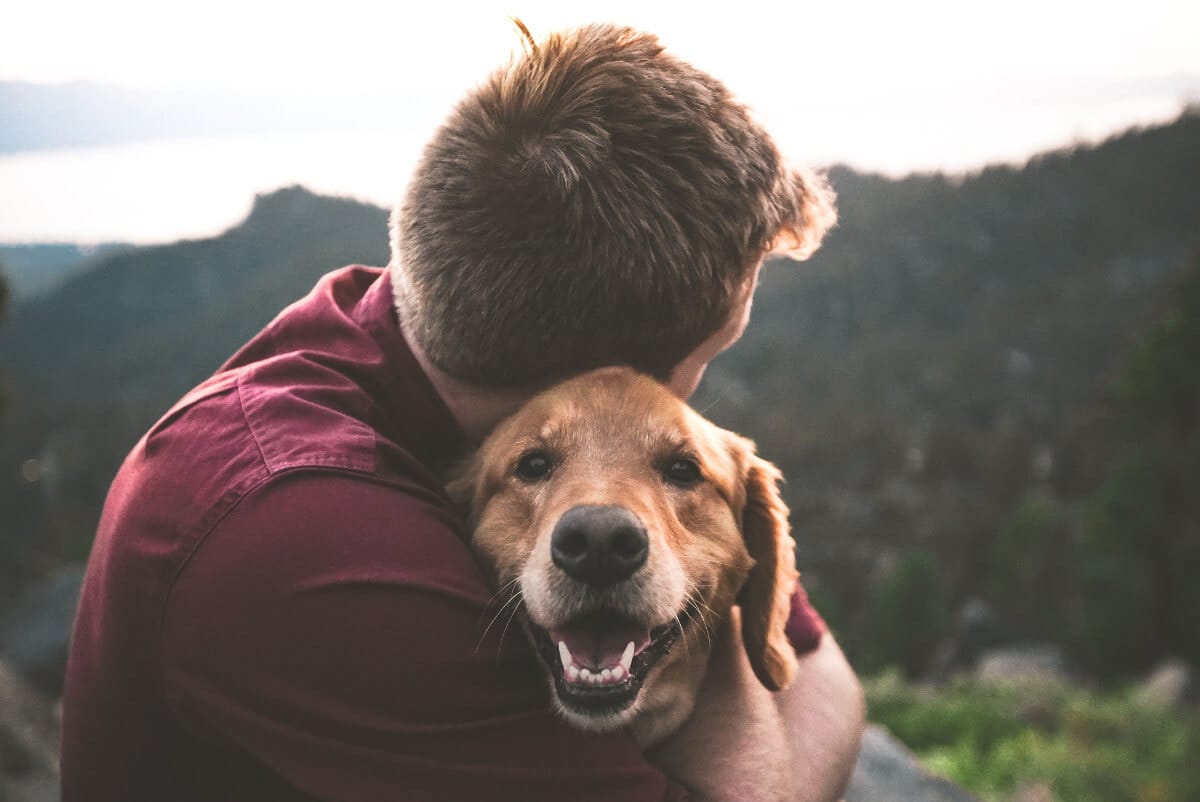
Going for a long walk helps to reduce anxiety. Whenever you find yourself in the throes of an anxiety attack, try and go for a walk, preferably in nature.
Getting out of the house and going for a brisk walk can be beneficial to our mental health in the following two ways:
- Studies show that exercise, mainly walking, can help people to re-organize and regulate their emotions
- High muscular activity, combined with scenic environments, can help to release our happy hormones. These hormones can help to alleviate anxiety
7. Adopting hobbies
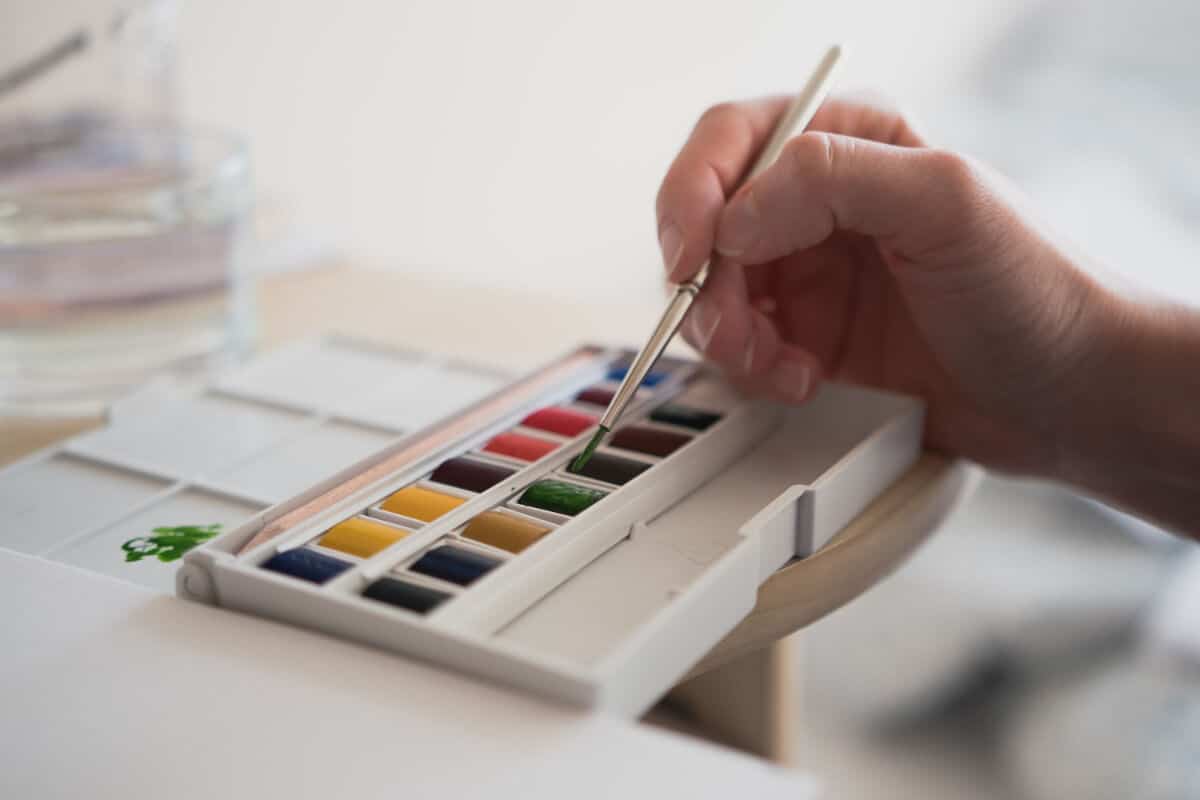
Hobbies can help significantly when it comes to organizing our thoughts. Gardening, reading books, listening to relaxing music, painting, sketching, and other pursuits that involve creativity are most beneficial in reducing anxiety.
8. Write it out
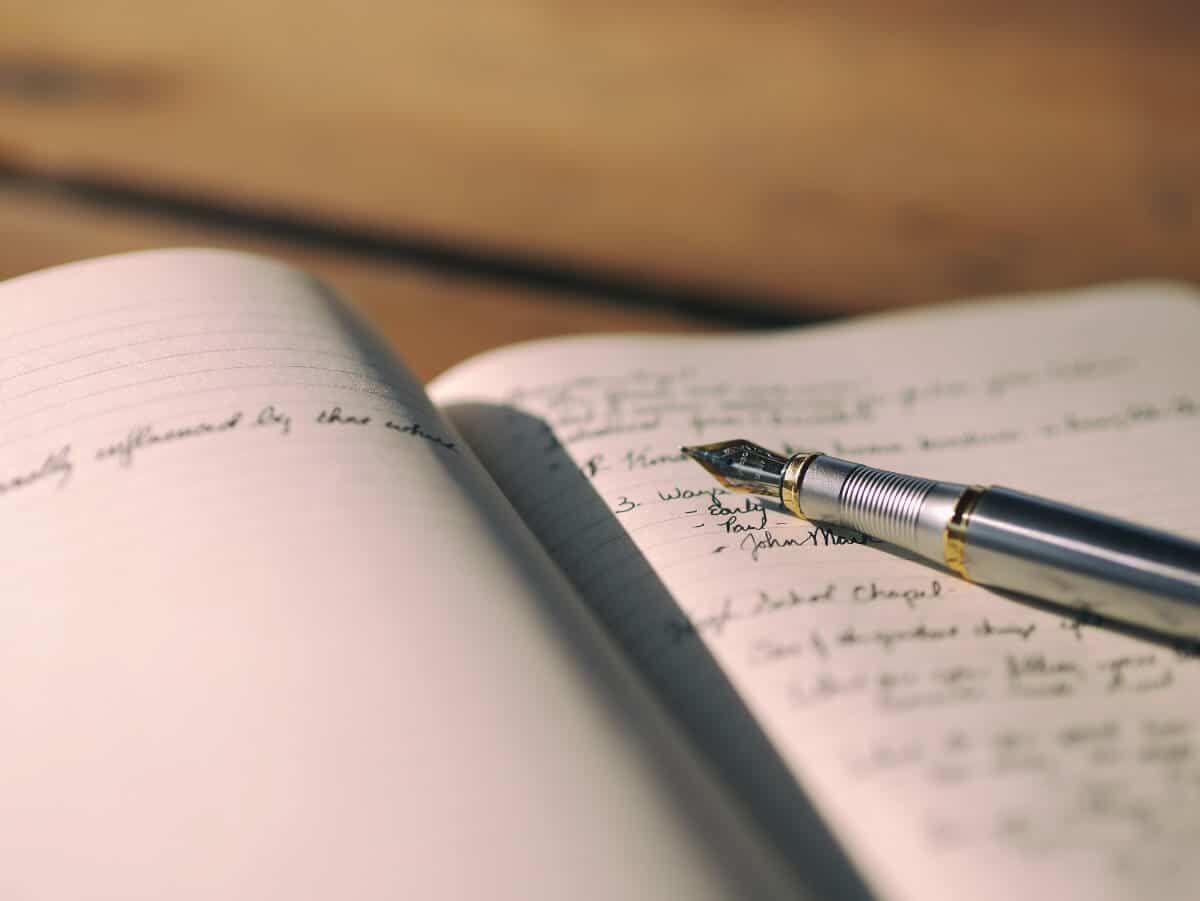
Those who write regularly are often a lot more calmer when faced with adversity or stressful situations.
Writing your thoughts down (and writing in general) can help those battling with anxiety in the following two ways:
- Writing our feelings down can help us to recognize the root cause of our anxiety
- Daily writing is an act of self-confrontation. It can help us to understand what it is that we fear most—eventually, the thought process shifts towards resolution rather than fear
9. Meditation
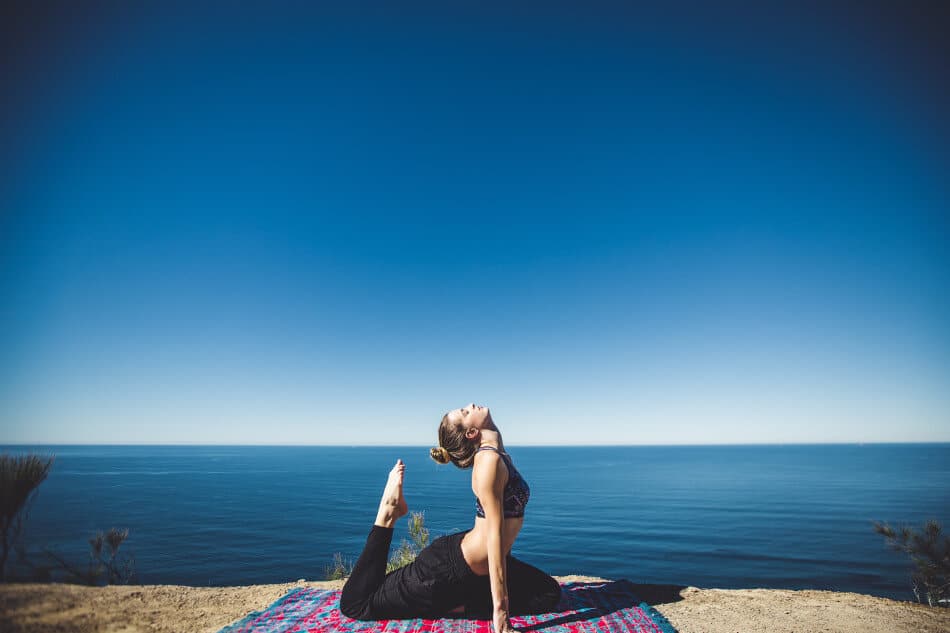
Meditation is often used for stress relief; but it can also reduce anxiety. Mindful meditation, when practised regularly, can help people to manage their anxiety better.
The benefits of daily meditation can help people to:
- Develop a clearer insight into unhelpful thinking patterns. The adverse outcome we tend to play out in our minds is replaced with a more positive outlook. Meditation can also be beneficial in helping to reduce anxiety
- Be more present and focused not only in the meditative state but also with life in general. When we learn to focus our attention in the right ways, we learn to RESPOND to a situation instead of REACTING.
10. Healthy diet

The old adage we are what we eat couldn’t be any more true. Cultivating a healthy balanced diet can help us to avoid a wide range of illnesses as well as mental health complications.
The following foods that are incredibly helpful in combating anxiety include:
- Eggs. Eggs contain Vitamin D and tryptophan, an amino acid, that helps to reduce anxiety. Tryptophan produces serotonin that helps us cope with any depressive and anxiety-related disorders
- Any food that contains protein. Fish, for example, helps to produce serotonin which significantly helps to reduce anxiety
- Researchers have reported that dark chocolate is also beneficial for anxiety. It contains tryptophan and stress relieving agents. However, it must be consumed with caution
- Fermented foods, like yoghurt, contain bacteria which can also help in reducing our stress levels
- Nuts such as Brazil nuts and almonds, can also be beneficial to those experiencing anxiety
All the tips above are beneficial and worth putting into practice.
People need to remember that they are not alone in the fight against anxiety. Reaching out to friends, family members, or, even better, a professional counsellor are all constructive ways to lower stress and feelings of isolation.
Whenever life becomes overwhelming, you can always try out therapy. A therapist is a specialized individual who can help you to manage your feelings of anxiety in a space that is both safe and encouraging.
Therapists can help to diagnose and treat the problem, manage your symptoms, and suggest any helpful therapies and medication designed to help with your symptoms.
We’re here to help.
Contact us today if you’d like a confidential and free conversation with one of our highly-trained professionals.





